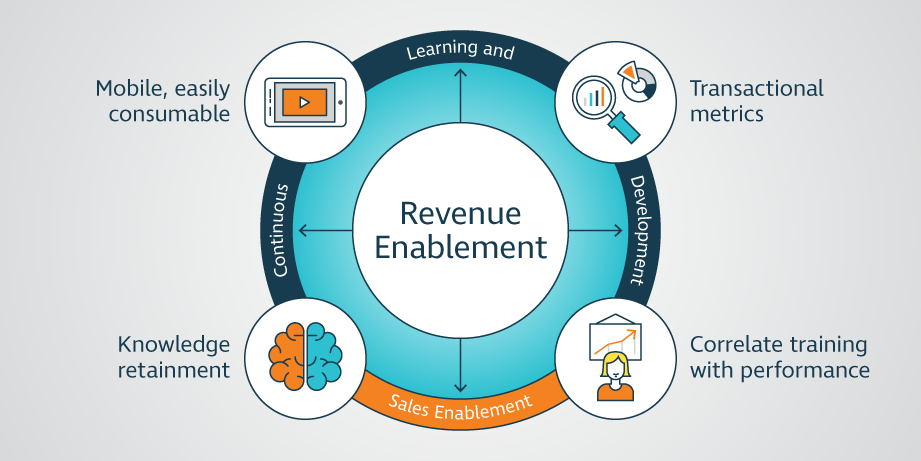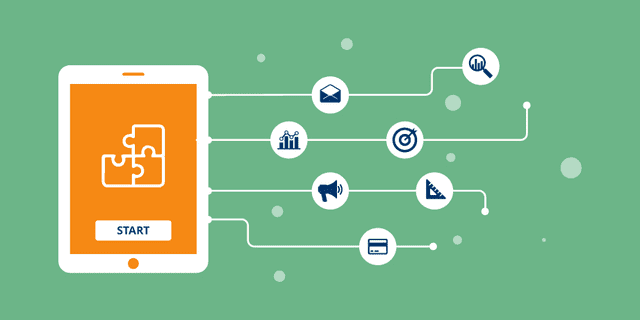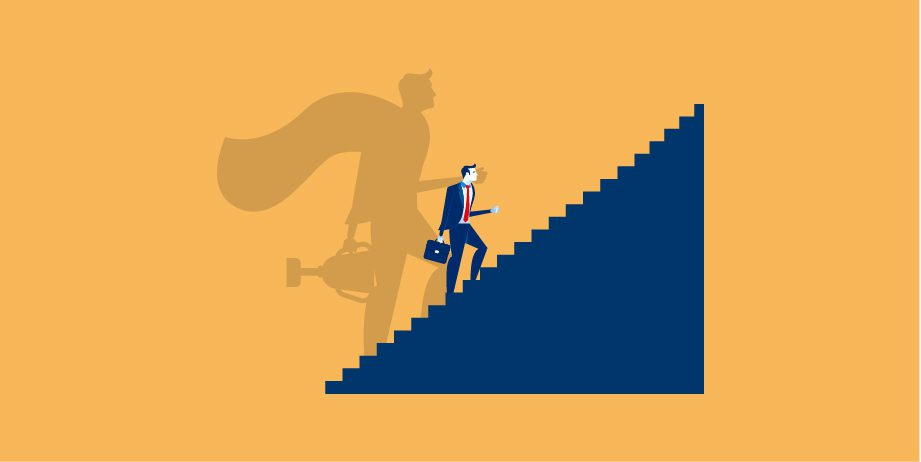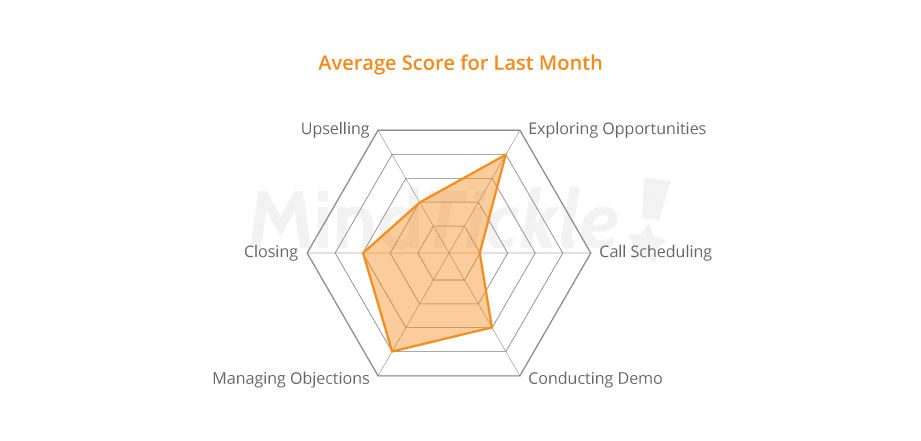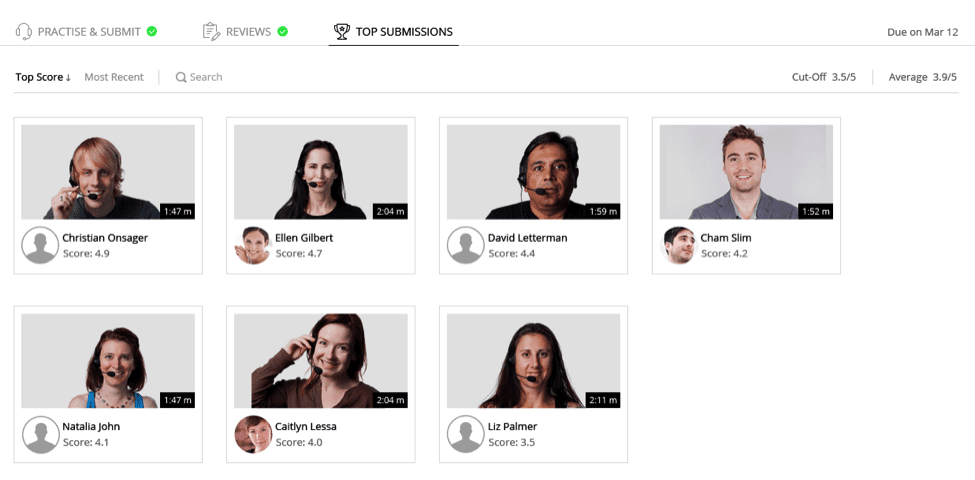How Large, Innovative Companies Are Using Their LMSs for ‘Revenue Enablement’
I’ve been in the trenches for over three years with big enterprises while they’ve grappled with leveraging their LMSs (Learning Management Systems; and yes, many have more than one) to drive the continuous learning and development that their sales enablement programs can provide to sales reps so they can stay ahead of their discerning, self-qualifying customers. They all have one common question, “how do we leverage our LMS systems for effective sales enablement? Or do we?”
I usually respond with, “We see the need to drive more productivity from innovative top companies like yours every day. And most companies we encounter are actively seeking better ways to diagnose, swiftly and effectively react to customer requests, and ultimately drive more sales predictability.” But, what’s usually not apparent is that change is happening so fast that companies are failing when trying to use their LMSs for effective sales coaching or adequately disseminating ever-changing sales requirements. LMSs were built for managing and certifying large company employee’s accomplishments (such as certifying that personnel is trained on sexual harassment or discrimination laws). LMSs are not designed for helping effective sales teams consume and retain useful knowledge, develop skills and behaviors they can continuously improve upon, or finally, targeting specific needs and skills’ gaps.
When it comes to enabling sales and client professionals to be successful and repeatedly win deals or renew accounts, corporate learning management systems don’t do the job.
What sales need to be customer ready – beyond an LMS
What do salespeople need? Beyond LMS systems? They need to be prepared to effectively field customer requests and objections. Therefore, they need access to the latest information in an easily consumable format—in real time, not days after a training or coaching session, but at the exact moment, the information is made available.
Then, they need to be able to articulate the right messages during crucial customer conversations. There are no second chances when your competition is on the next call. Sellers who are knowledgeable and articulate are more valued, and often the winners of new business. The fact is that today’s sales professionals need more than reviews, webinars, and classroom sessions. To truly address knowledge and skills’ gaps, managers need to coach their team members on how to improve sales strategies at an ongoing basis. And for coaching, they need robust sales enablement solutions.
Plus, many managers, especially first-time managers need meaningful guidance on what effective sales coaching looks like. Even experienced managers who know how to coach and have exhausted the capabilities of corporate learning management systems need enablement tools to help them identify problem areas and gaps. Coaching is not possible with just an LMS.
More than just sales teams impact revenue
While revenue growth involves new business from sales, it must maintain (or grow) existing revenue from expansions to renewals. That’s why it’s important to point out that those who impact overall revenue growth include not only sales reps, but also customer success managers, customer support professionals, call center professionals, sales engineers, sales enablement managers, learning and development professionals, and product marketers alike. Enablement programs must reach beyond sales’ teams and extend to everyone who impacts revenue maintenance and growth. “Revenue enablement” if you will.
When customer satisfaction (CSAT) and NPS scores are low, customers are highly unlikely to expand or renew existing products or services. That’s why many Mindtickle customers are working on pilot programs and deployments that focus on improving customer satisfaction (CSAT) scores. They repeatedly ask, “how can I diagnose and influence my company’s CSAT scores? Is it by providing all revenue influencers (sales, customer support and service roles) the right knowledge? Or skills? Or tools? How about through effective sales coaching?”
What effective ‘revenue enablement’ should accomplish
An effective revenue enablement solution begins where an LMS ends. It should onboard and updates all revenue influencers quickly and efficiently, and in a way that simultaneously helps them reinforce and retain the knowledge and skills they need.
Moving towards a complete revenue enablement model is the perfect opportunity for enterprise enablement leaders to move from measuring program adoption to correlating programs to performance. Imagine doing real-time correlations with transactional metrics, such as win/loss analysis, conversion rates, etc.
I consider Mindtickle a true revenue enablement solution because our solution actively helps managers coach, enables the retention and reinforcement of knowledge and develops skills and behaviors in an efficient and easily consumable manner. An effective revenue enablement solution like Mindtickle’s should always be there to help revenue influencers fill in skills and behavior gaps throughout the time they’re with a company.
So, if you are like many of our customers who ask where their LMS fits into sales, or what I call revenue enablement, understand that LMSs are key to a modern-day enablement solution, but, they’re just not all you need. Effective revenue enablement solutions begin where the benefits of LMSs end.
Imagine elevating the role of enablement leaders by presenting to your exec team and peers metrics that show a direct correlation between your “revenue” enablement programs and revenue growth?

